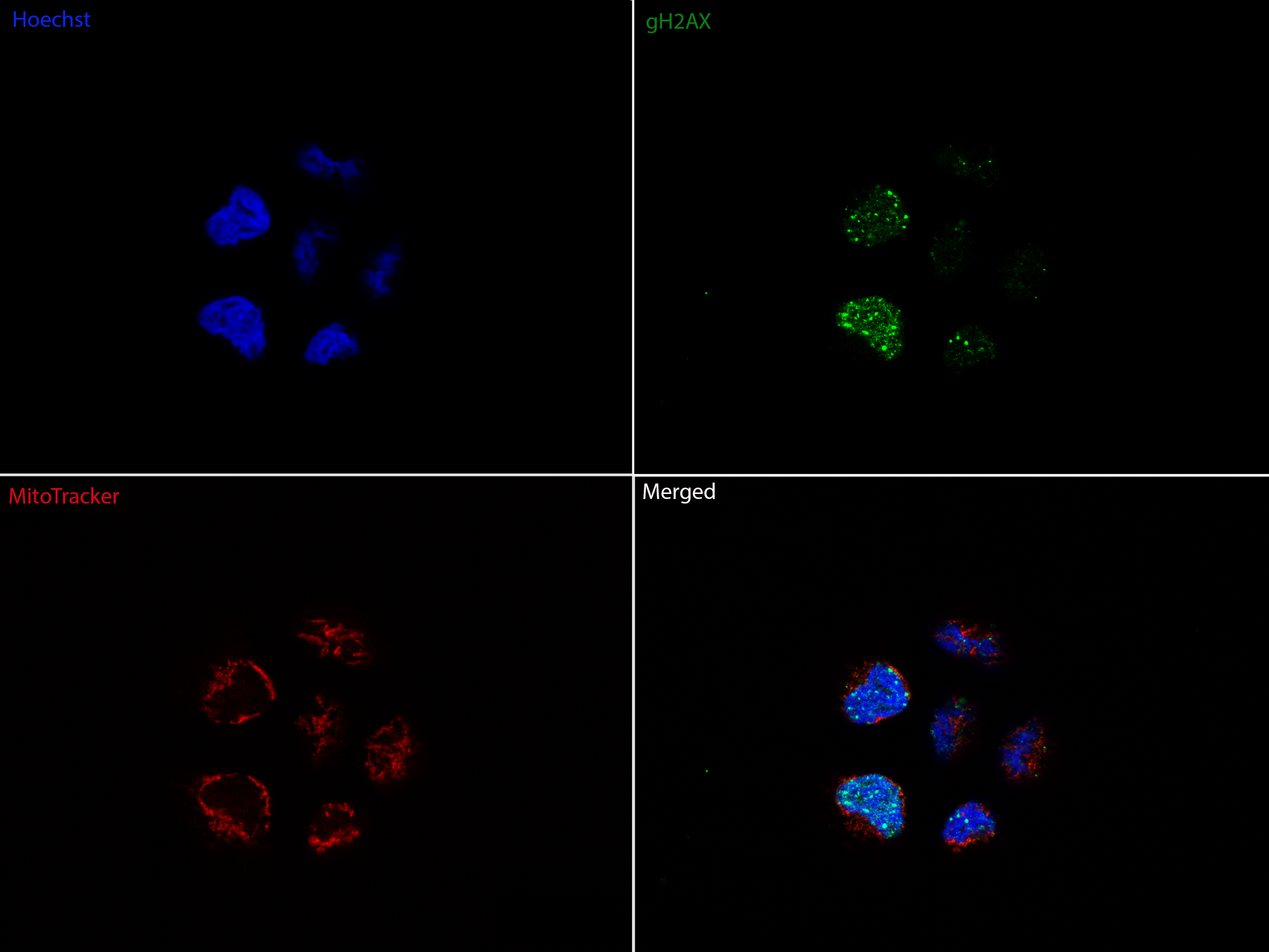
NG Matschke
Research Focus
Intra- and intertumoral heterogeneity of cancer cell metabolism and the ability of cancer cells to adapt their metabolism to environmental stresses are increasingly recognized as important determinants of cancer cell resistance to chemotherapy or radiation. However, the underlying mechanisms and regulatory networks are still poorly understood.
The junior research group “Metabolism and Radiation Response” investigates the causes of metabolic heterogeneity and plasticity of tumor cells and their relevance for radiation resistance of cancer cells. The aim of this research group is to identify intrinsic (genetically determined), microenvironment- and therapy-induced metabolic adaptation reactions of cancer cells with effects on the repair of therapy-induced DNA damage and cell survival after irradiation. These will then be tested for their suitability as therapeutic targets to modulate radiation sensitivity or as markers of individual radiation sensitivity.
In addition to molecular biological, cell biological and radiobiological methods, various specific in vitro methods for the detection of metabolic metabolites and the non-invasive investigation of metabolic parameters of tumor and normal tissue cells in real time (Seahorse Bioanalyser) under normoxia and hypoxia are used.
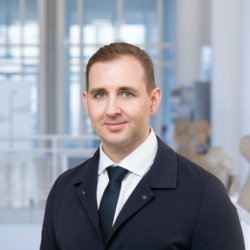
PD Dr. rer. nat.
Johann Matschke
Nachwuchsgruppenleiter
(Junior group leader)
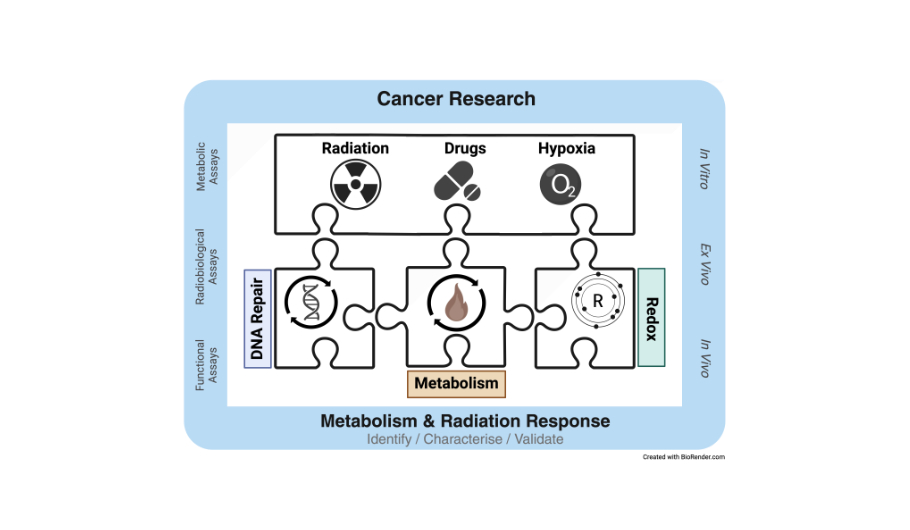
Team
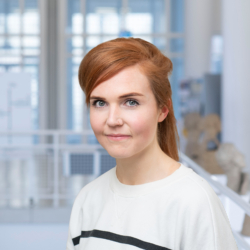
Julia Asche
Wissenschaftl. Doktorandin
(Scientific doctoral student)
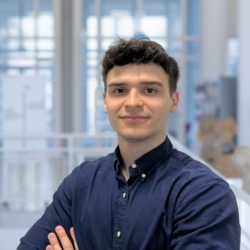
Oleksandr Butenko
Medizinischer Doktorand
(Medical doctoral student)
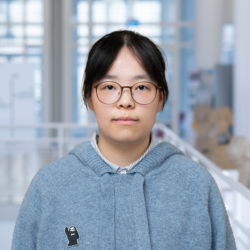
Lingyi Cai
Medizinische Doktorandin
(Medical doctoral student)
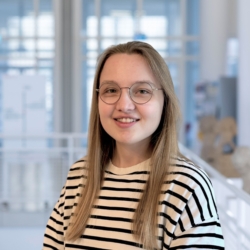
Sarah Dörsam
Wissenschaftl. Doktorandin
(Scientific doctoral student)
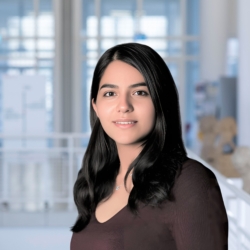
Sarah Etemadi Afshar
Wissenschaftl. Doktorandin
(Scientific doctoral student)
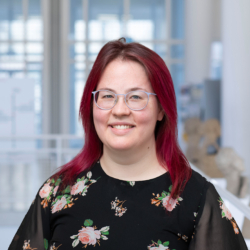
Katharina Eul
Wissenschaftl. Doktorandin
(Scientific doctoral student)
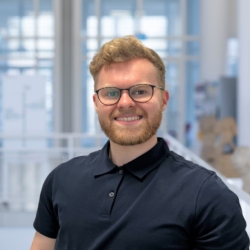
Marvin Frölich
Medizinischer Doktorand
(Medical doctoral student)
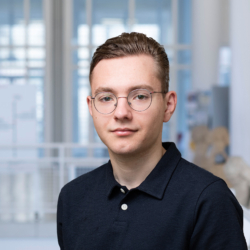
Nikita Gorainow
Medizinischer Doktorand
(Medical doctoral student)
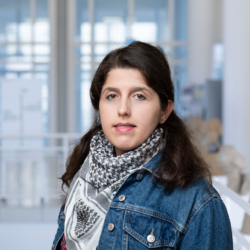
Razan Hessenow
Wissenschaftl. Doktorandin
(Scientific doctoral student)
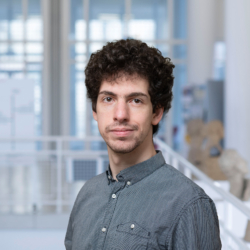
Mikhail Kunin
Wissenschaftl. Doktorand
(Scientific doctoral student)
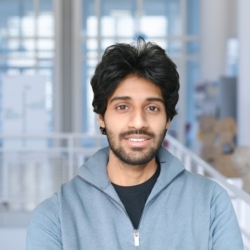
Rohit Mallick
Wissenschaftl. Doktorand
(Scientific doctoral student)
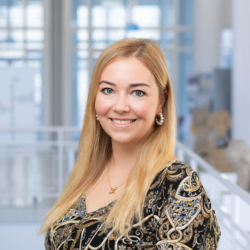
Merle Schaffrin
Medizinische Doktorandin
(Medical doctoral student)
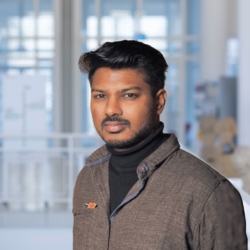
Pankaj Singroul
Wissenschaftl. Doktorand
(Scientific doctoral student)
Current Projects:
1. DFG Research Training Group GRK 2762: Heterogeneity, Plasticity and Dynamics of Responses of Cancer Cells, Tumors and Normal Tissues to Radiation Therapy in Cancer.
Project L2: Identification of subtype-specific metabolic vulnerabilities in KRAS-driven NSCLC.
The project aims to define the impact of the molecular background defined by clinically relevant, co-occurring somatic mutations on the ability of KRAS-driven lung cancer cells to dynamically adapt their transcriptional programs and metabolic phenotypes to support DSB repair and survival when exposed to ionizing radiation (IR) and perturbed by different environmental conditions. PhD Student: Ms. Sarah Etemadi Afshar (M. Sc.)
Project P1: Influence of KRAS gene dose and molecular subtype on radiosensitivity in PDAC.
Subproject with Prof. Dr. med. Jens Siveke and Prof. Dr. med. Beate Timmermann.
The aim of the project is to study a panel of human PDAC cell lines representing the classical and the quasimesenchymal (QM) subtype for their response to radiotherapy (photons, protons) and to record and investigate the dynamic changes in transcriptional and metabolic phenotypes after radiotherapy. Computational modeling of the data obtained should allow the identification of subtype-specific biomarkers and targets for modulation of radiosensitivity. PhD Student: Ms. Julia Asche (M. Sc.)
2.BMBF Collaborative Project 02NUK090B “Novel innovative strategies for radiosensitization of medulloblastomas”.
The BMBF-funded collaborative project with the acronym NeuStaRT aims to develop new targeted and innovative multimodal therapy concepts to improve the prognosis of medulloblastoma patients. The subproject in Essen focuses on the identification of metabolic pathways that are associated with the radiation response and the subtype-specific therapeutic response to radiotherapy in medulloblastomas. We hypothesize that specific metabolic adaptations in medulloblastoma subgroups influence their radiosensitivity, and targeting these dynamic metabolic adaptations may sensitize medulloblastoma cell lines to PARP inhibitors (PARPi) in combination with radiotherapy (RT) and enable innovative, multimodal therapeutic approaches.
PhD student: Mr. Rohit Mallick (M. Sc.)
3. DFG Project MA 8970/1-1
Metabolic induction of DNA repair defects to improve the efficacy of radiotherapy.
The aim of the project is to identify metabolic bottlenecks that limit the repair of radiation-induced lethal DNA lesions in cancer cells and thus limit the survival of cancer cells and improve the success of treatment in combination with radiotherapy. PhD student: Mr. Mikhail Kunin
in collaboration with
Prof. Tomer Shlomi, Department of Computer Science and Biology & Lokey Center for Life Science and Engineering, Technion, Haifa, Israel (Middle East cooperation)
Prof. Nicole Dünker, Institute of Anatomy II, Department of Neuroanatomy, University Hospital Essen, Germany
Prof. Ken Hermann, Department of Nuclear Medicine, University Hospital Essen
4. EU Horizon 2020 Marie Sklodowska Curie Innovative Training Network (ITN) THERADNET (Grant Agreement No.86024) “International Network for Training and Innovation in Therapeutic Radiation”.
ESR11 project “Targeting metabolic cancer cell plasticity to overcome radiotherapy escape”.
The project investigates the influence of the genetic background of cancer cells on adaptation processes in tumor metabolism under hypoxia and nutrient deprivation, and the importance of metabolic adaptation for radiation sensitivity. PhD Student: Ms. Safa Larafa (M. Sc.)
5. BMBF Collaborative Project 02NUK061B “Influence of altered metabolic pathways on the therapeutic radiation response of tumors”.
The BMBF-funded collaborative project with the acronym METABOLiST aims to identify metabolic processes that influence the cellular radiation response and therapy response in head and neck tumors (HNSCC) and are therefore potentially suitable as predictive markers of radiation sensitivity or therapeutic targets for modulating radiation sensitivity.
The subproject in Essen focuses on the identification of therapeutic targets and agents to modulate radiation response by modulating metabolic processes in HNSCC. PhD student: Ms. Katharina Eul (M. Sc.)
6. Dr. Brigitte and Konstanze Wegener Foundation
Project aims to identify metabolic dependencies in the context of molecular subtypes for the biological individualization of radiotherapy in lung cancer. Funding period: 01.2022-03.2024
Intramural funding:
1s. WIR-Funding of the Medical Faculty of the University of Duisburg-Essen: Translational Project: “Validation of HIF-based therapeutic approaches against age-related macular degeneration” in cooperation with Dr. Y. Henning (Essen), Dr. G.E. Görtz (Essen). Funding period: 09.2021-08.2022
2. German Consortium for Translational Cancer Research (DKTK): Translational project “Oncometabolomics of Therapy Resistance in Ewing Sarcoma” in cooperation with Prof. U. Dirksen (Essen), Prof. M. Remke (Düsseldorf), Prof. S. Peña-Llopis (Essen), funding period: 2019